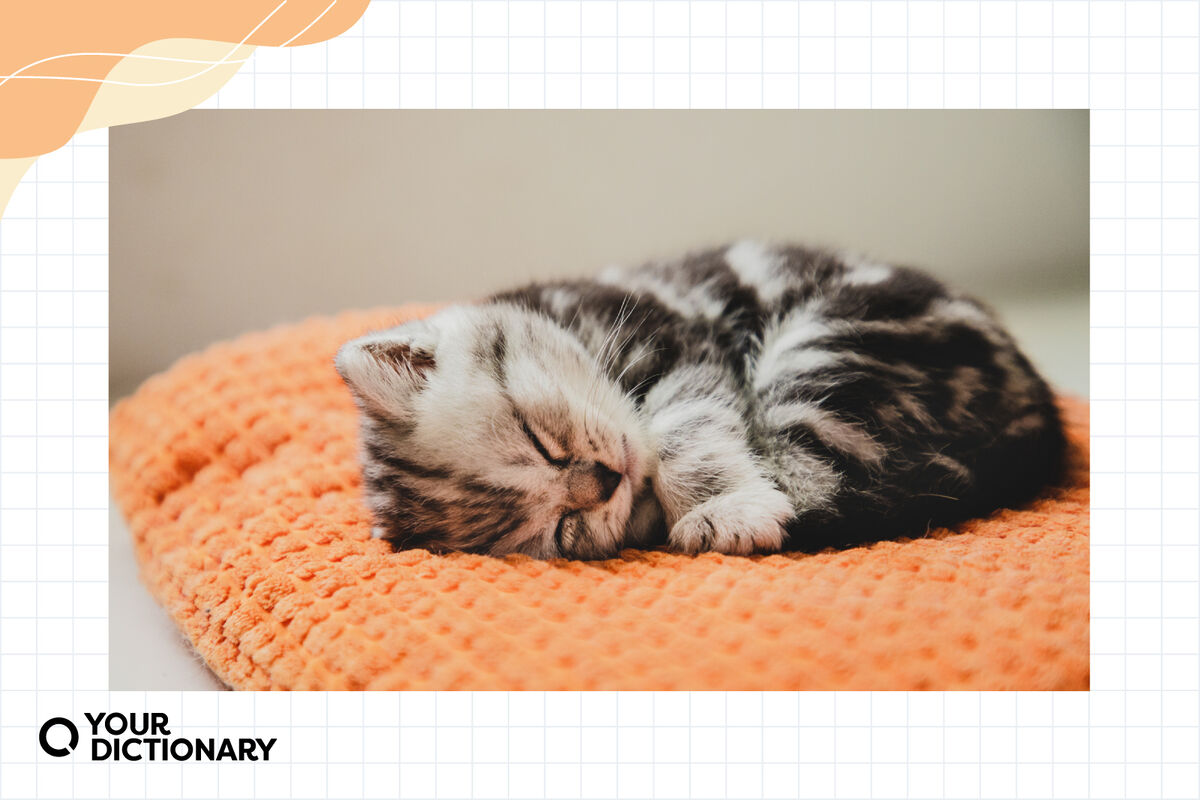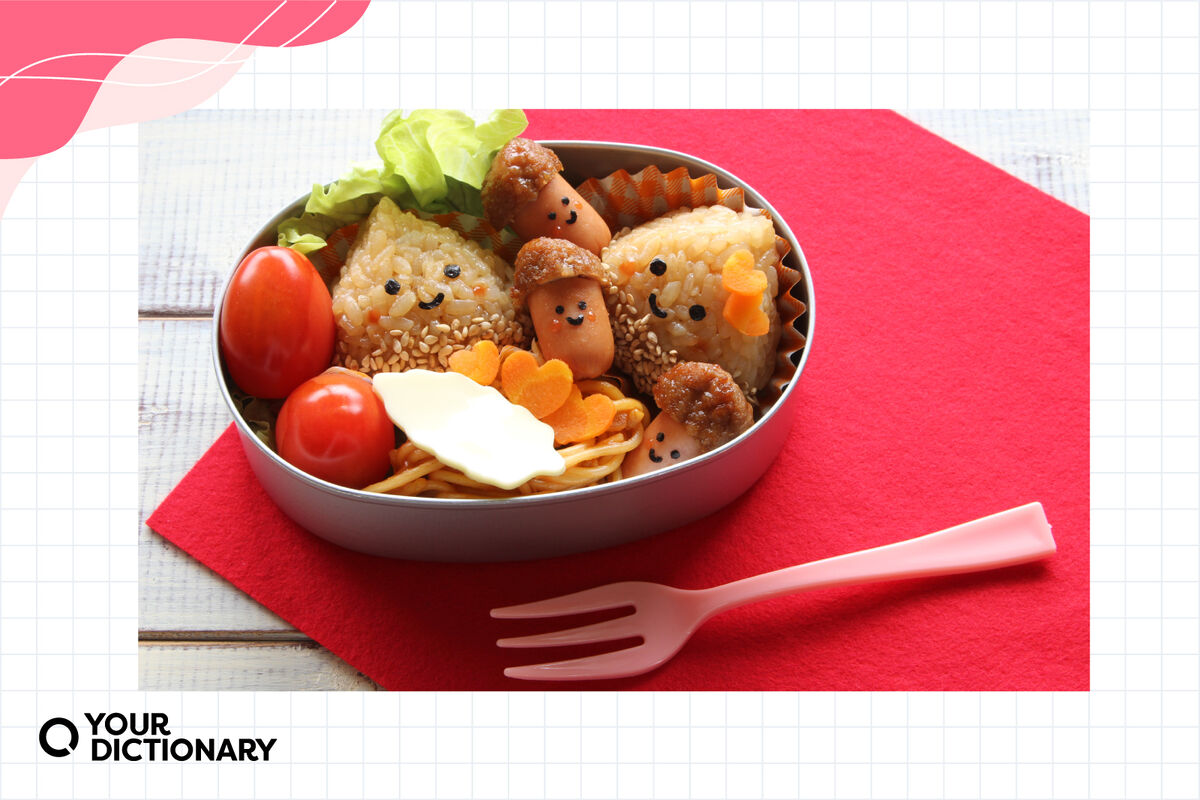
There’s a certain indefinable quality to something that’s so cute you want to squeeze it (not too hard). But that quality is only indefinable in English; in Japanese, there’s a perfectly suitable word for “so cute you want to die,” and it’s kawaii.
"Kawaii" Meaning: Cute and Lovable
Derived from kawahayushi, which means “acceptable for affection” in Japanese, kawaii describes everything that’s adorable and childlike. Think Hello Kitty or the way toddlers hug each other, or unicorns flying through a rainbow-colored Lisa Frank-esque universe. That’s kawaii.
Kawaii originated in anime and manga, where it was eventually perfected with popular kawaii anime such as Pokemon or Hanamaru Kindergarten. The term kawaii has been growing in popularity in recent years, and while its definition has shifted to meet consumer interests, it’s essentially the same concept of charming loveliness.
The Kawaii Aesthetic
So what would be considered kawaii? Gyaru-Moji (girl writing) is a type of informal Japanese writing associated with young schoolchildren or teenage girls and often represents the kawaii aesthetic as a whole. Additional examples of things that may be kawaii include:
-
babies
-
puppies and kittens
-
anime creatures
-
tiny animals
-
old people in love
-
pastel colors
-
schoolgirl fashion
-
food or inanimate objects with smiley faces

How To Use "Kawaii" in a Sentence
You can use kawaii as both a noun (“Kawaii always makes me smile.”) and as an adjective (“I love reading kawaii manga.”) More examples include:
-
That fluffy backpack is so kawaii.
-
Do you know how to draw in kawaii style?
-
I used to dress more kawaii, but now I want to look a little older.
-
Watch this kawaii video of the baby ducks and squirrels.
Types Of Kawaii
It’s easy to think that kawaii simply means adorable creatures or children. But like many areas of popular culture, kawaii is a bit more complicated than that. Subcategories of kawaii include:
-
Yumekawaii - dreamlike Kawaii (fluffy clouds, fantasy creatures, rainbows)
-
Kimokawaii - creepy cute (ugly little monsters, slimy goblins, strange-looking babies)
-
Shibukawaii - subtle cute (adding a few kawaii accessories but otherwise dressing normally)
-
Busukawaii - ugly cute (tacky clothes, non-pretty appearance)
-
Gurokawaii - grotesque cute (adorable animals eating each other or throwing up)
-
Erokawaii - sexy cute (erotic version of kawaii)
-
Neokawaii - trendy cute (yuppie fashion, cool celebrity vibes)
"Kawaikunai" Meaning: Not Cute
How do you express a distinctly not-kawaii sentiment? Use kawaikunai, the negative form of kawaii, to mean “not cute.” It’s an especially helpful word for those who may not see the world through pastel-colored lenses or who own fewer than five Pokemon shirts.
It All Begins With Anime
Are you an anime otaku or just a beginner? Catch up with these resources: